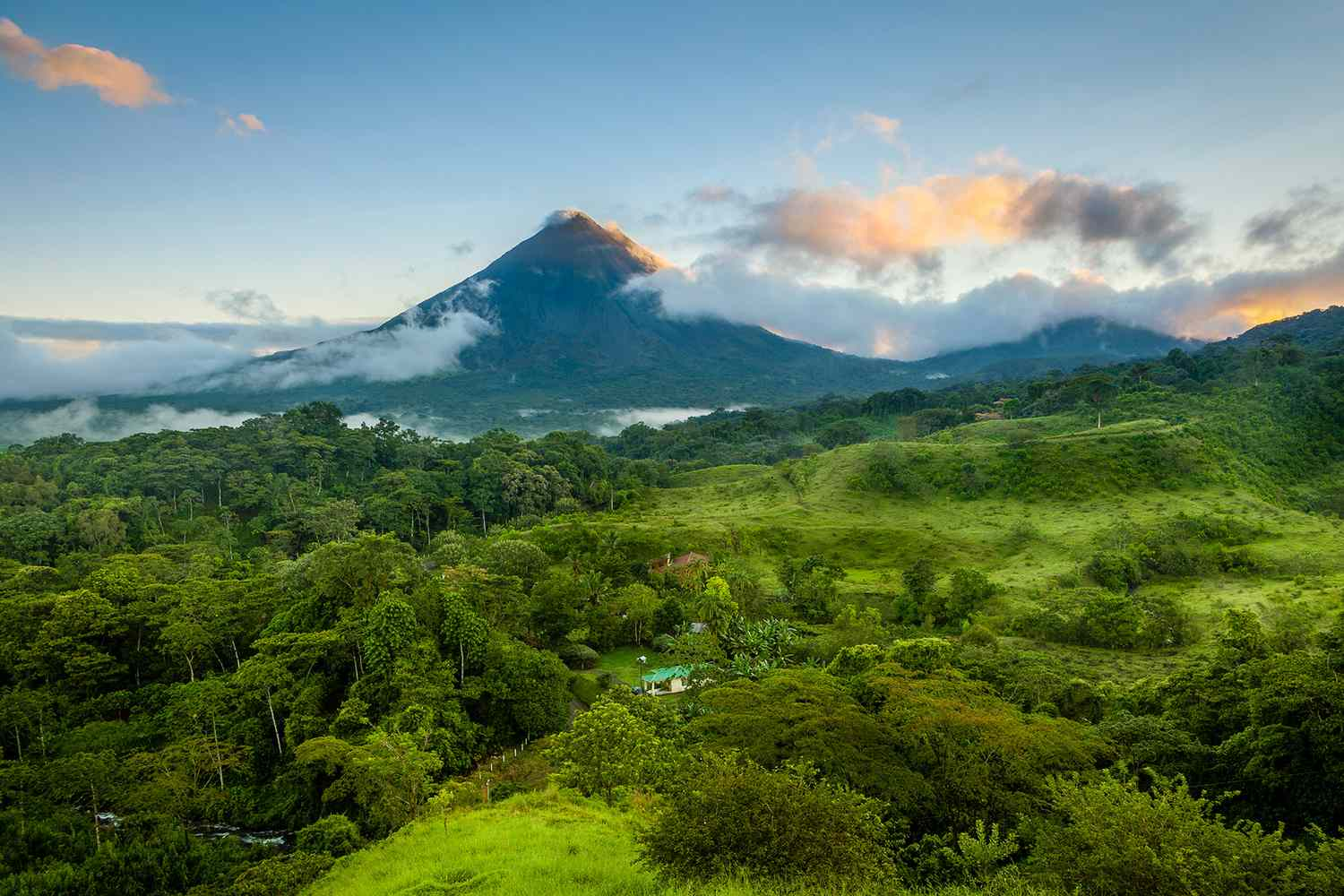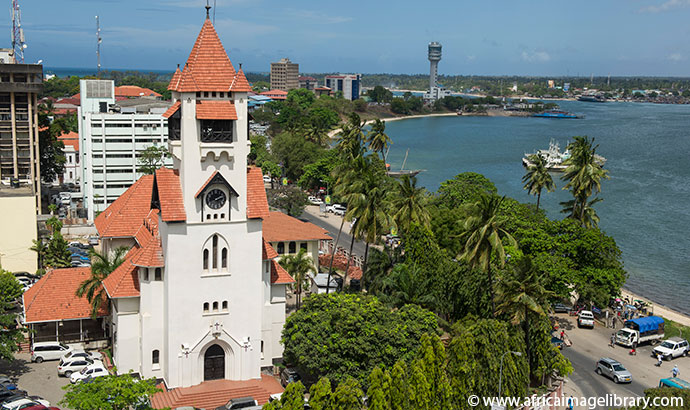Traveling for Wildlife and Nature Conservation: A Guide to Responsible Eco-Tourism
Nature is a beautiful and valuable resource that provides us with clean air, water, and food. Unfortunately, human activities such as deforestation, hunting, and pollution have put many species at risk of extinction. Eco-tourism, or responsible tourism that supports nature conservation and benefits local communities, is one way that travelers can contribute to conservation efforts while enjoying the beauty of the natural world.
In this guide, we’ll explore some of the benefits of eco-tourism, tips for responsible travel, and destinations that are renowned for their wildlife and nature conservation efforts.
The Benefits of Eco-Tourism
Eco-tourism can benefit both travelers and local communities. For travelers, it provides the opportunity to experience the beauty of nature, learn about local cultures and wildlife, and contribute to conservation efforts. For local communities, eco-tourism can provide economic opportunities and incentives to protect natural resources and wildlife.
By supporting eco-tourism, travelers can also help to fund conservation efforts and support local communities. For example, many eco-tourism businesses donate a portion of their profits to conservation organizations or work directly with local communities to create sustainable livelihoods.
Tips for Responsible Travel
Responsible eco-tourism means traveling in a way that minimizes negative impacts on the environment and local communities. Here are some tips for responsible travel:
Choose responsible tour operators and accommodations: Look for tour operators and accommodations that have strong sustainability policies and certifications. These may include eco-certifications, such as the Global Sustainable Tourism Council’s (GSTC) certification or the Rainforest Alliance Certification, which demonstrate a commitment to sustainability.
Respect local cultures and wildlife: Learn about local cultures and customs before you travel and respect them while you are there. Be mindful of your impact on wildlife and their habitats, and avoid activities that harm wildlife or disrupt their natural behavior.
Reduce your environmental impact: Minimize your use of resources, such as water and electricity, and dispose of waste properly. Choose environmentally friendly transportation options, such as public transportation or cycling.
Support local communities: Buy local products and services and engage with local communities in a respectful and meaningful way. Consider volunteering with local conservation organizations or supporting community-based conservation initiatives.
Destinations for Wildlife and Nature Conservation
There are many destinations around the world that are renowned for their wildlife and nature conservation efforts. Here are just a few examples:
Costa Rica:
This Central American country is a leader in eco-tourism, with a quarter of its land protected as national parks, wildlife refuges, and biological reserves. Visitors can see a diverse range of wildlife, including monkeys, sloths, and exotic birds, while supporting local conservation efforts.
Galapagos Islands:
This UNESCO World Heritage Site is famous for its unique wildlife, including giant tortoises, marine iguanas, and blue-footed boobies. Tourism is heavily regulated to protect the fragile ecosystem, and visitors must be accompanied by a licensed guide.
South Africa:
This country is home to several national parks and game reserves, including Kruger National Park, which is home to the “Big Five” game animals (lion, elephant, buffalo, leopard, and rhinoceros). Eco-tourism businesses in South Africa often work closely with local communities to support conservation efforts and sustainable development.
Borneo:
This island in Southeast Asia is home to some of the world’s most endangered species, including orangutans, pygmy elephants, and proboscis monkeys. Visitors can support conservation efforts by visiting rehabilitation centers, eco-tourism lodges, and national parks.
Antarctica:
This remote continent is home to some of the most pristine and untouched wilderness areas on the planet, and is also a vital ecosystem for a wide range of marine life, including whales, penguins, seals, and krill. Visitors can experience the incredible natural beauty of Antarctica while supporting conservation efforts through responsible tourism practices.
Australia:
This vast country is home to a unique range of wildlife, including kangaroos, koalas, and the iconic Great Barrier Reef. Visitors can support conservation efforts by choosing responsible tour operators and accommodations, and by participating in conservation activities such as coral reef monitoring or wildlife rehabilitation programs.
Ecuador:
This South American country is home to the Amazon rainforest, which is one of the most biodiverse regions on the planet. Visitors can explore the rainforest while supporting conservation efforts through eco-tourism businesses that work with local communities to protect the environment and wildlife.
Tanzania:
This East African country is home to several national parks and game reserves, including Serengeti National Park, which is famous for its wildebeest migration. Eco-tourism businesses in Tanzania often work with local communities to support conservation efforts and sustainable development.
Canada:
This vast country is home to some of the world’s most pristine wilderness areas, including Banff National Park and the Canadian Rockies. Visitors can support conservation efforts by choosing responsible tour operators and accommodations, and by participating in activities such as wildlife tracking or habitat restoration programs.
Madagascar:
This island off the coast of Africa is home to a unique range of wildlife, including lemurs, chameleons, and several species of baobab trees. Visitors can support conservation efforts by visiting national parks and reserves, and by choosing eco-tourism businesses that work with local communities to protect the environment and wildlife.
Conclusion
Traveling for wildlife and nature conservation can be a rewarding and meaningful experience for both travelers and local communities. By choosing responsible tour operators and accommodations, respecting local cultures and wildlife, and supporting conservation efforts, travelers can help to protect the environment and support sustainable development. Whether you’re exploring the rainforests of South America or the icy wilderness of Antarctica, eco-tourism offers the opportunity to experience the natural world while contributing to its conservation.

















No comments:
Post a Comment